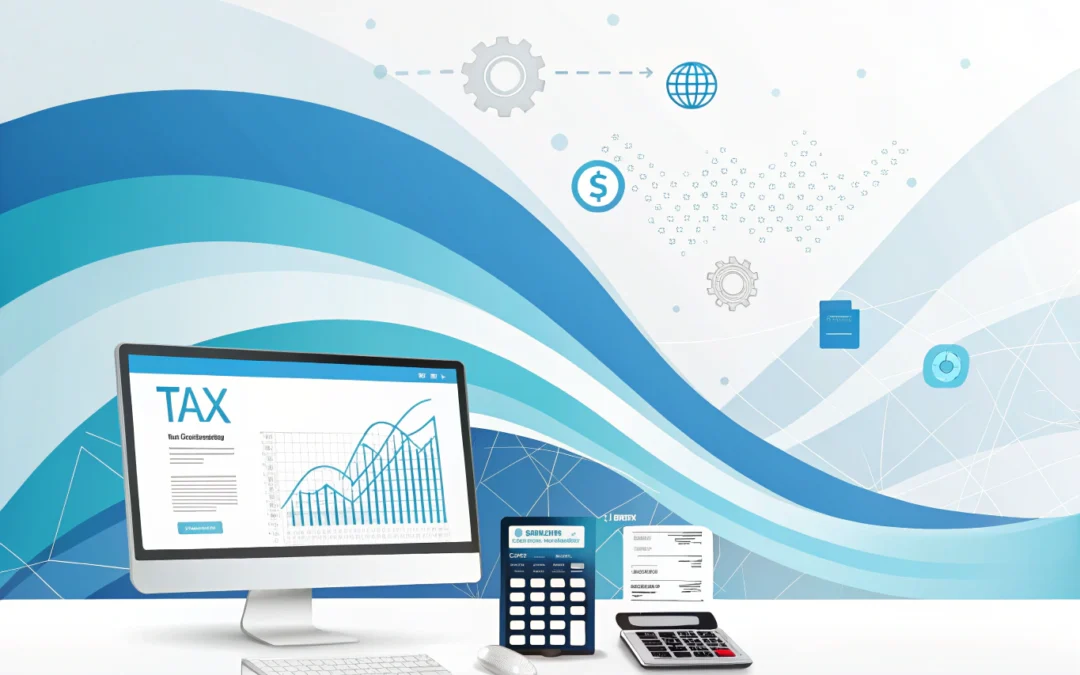Understanding the eBay 1099: Demystifying Tax Obligations for Online Sellers
The world of ecommerce is not all about smooth transactions and happy customers. It’s a bustling bazaar of regulatory frameworks and tax obligations. Enter the ebay 1099, a term that might send shivers down the spine of many online sellers. But fear not! Think of it not as a monstrous form to slay, but as a trusty map guiding you through the complex terrain of tax compliance.
The Role of the 1099-K: More than Just Numbers
Let’s get one thing straight. The 1099-K form is not an optional piece of paperwork. It’s a mandatory report that summarizes payment transactions processed by third-party networks like eBay. If your eBay sales surpass $600 in a year, buckle up—this form is coming your way.
Why does this matter? Well, the IRS loves numbers. They want to ensure that every dollar exchanged is accounted for, and the 1099-K helps them track this flow of money. But here’s the twist: this form is not just a bureaucratic hurdle. It actually offers an opportunity to truly understand your business’s financial health. Think of it as an AI assistant helping you maintain fiscal fitness.
Why eBay Sellers Should Care
It’s tempting to brush off tax forms as a chore, but ignoring them can lead to undesirable consequences. The IRS uses these forms to cross-verify income declarations. Discrepancies between reported sales and 1099-K figures can trigger audits. And trust me, no one enjoys those surprise parties.
For eBay sellers, understanding and accurately reporting with the 1099-K is crucial. It’s not just about staying on the right side of the law; it’s also about leveraging accurate data to make informed business decisions. The insights gleaned from this form can guide inventory management, pricing strategies, and marketing efforts.
Transforming Compliance into Strategy
Now, here’s where the magic happens. Instead of viewing the 1099-K as a dull obligation, flip the script. Use it as a strategic tool. Analyze the data to uncover trends. Are there certain products that consistently outperform others? Is there a particular time of year when your sales spike? The numbers can tell you—and insights from tools like eBay My Orders can complement this data to further refine your strategy.
With a bit of AI wizardry, you can even automate parts of this analysis. Machine learning models can identify patterns you might miss, offering suggestions on which products to feature or when to ramp up promotions. By transforming compliance into strategy, you’re not just checking boxes; you’re charting a course for growth.
Actionable Recommendations
Ready to turn this taxing task into an asset? Here’s how:
- Embrace the 1099-K: Don’t shy away from it. Dive into the details and understand its role in your business.
- Leverage Software Tools: Use accounting software to automatically import and analyze your 1099-K data. Look for patterns and insights.
- Stay Informed: Tax laws can change. Keep abreast of updates that might affect your reporting requirements, and if you need clarity, learn how to contact eBay for assistance with understanding their reporting tools and guidelines.
- Consult with Experts: When in doubt, seek advice from tax professionals who understand ecommerce intricacies.
In the end, the eBay 1099 is more than just a form. It’s a window into your business’s financial soul, a tool for strategic insight, and a step towards a more informed, efficient ecommerce operation.
Checkout ProductScope AI’s Studio (and get 200 free studio credits)

